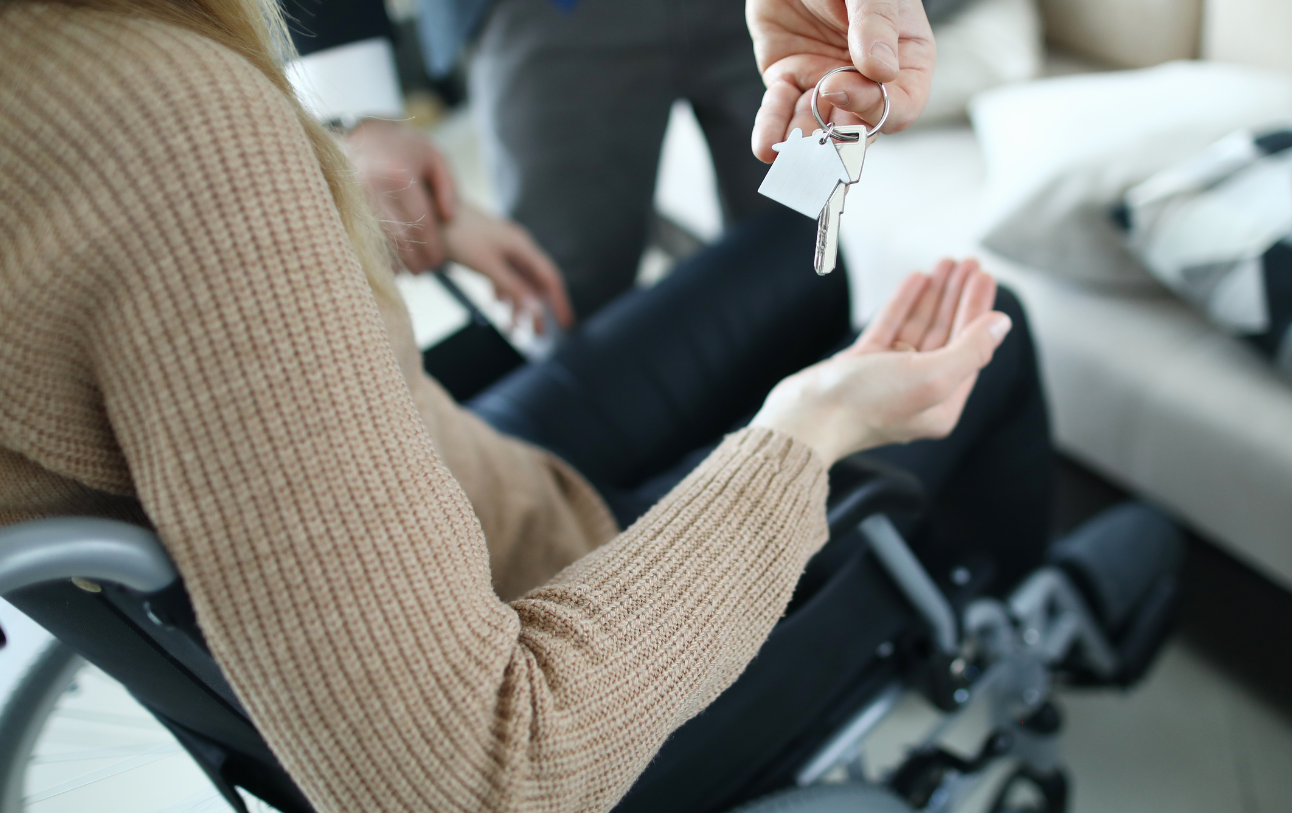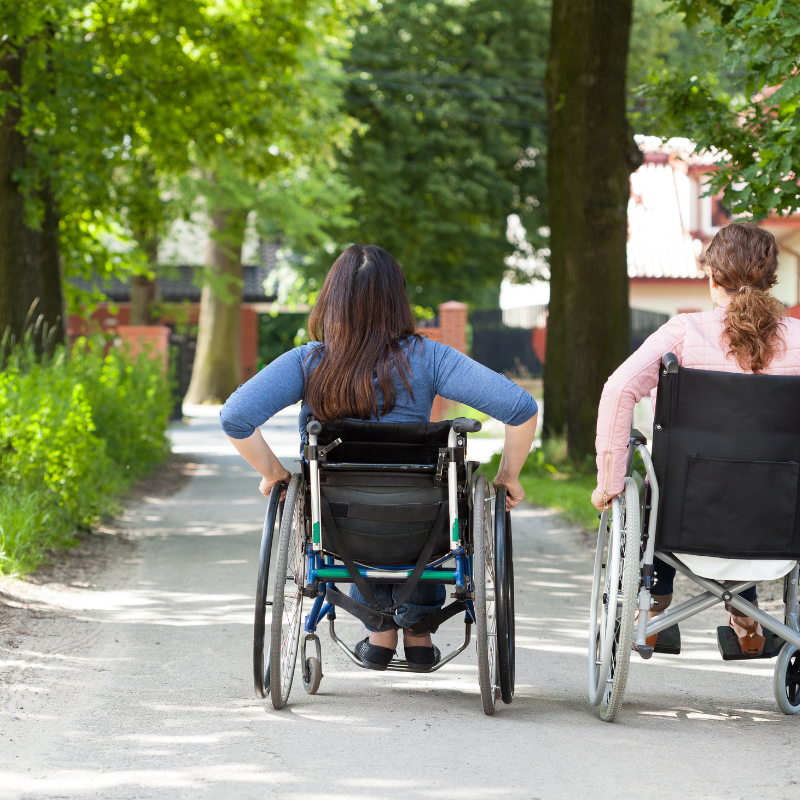
Key findings
- Disabled women are twice as likely to experience domestic abuse as non-disabled women
- Disabled victims typically experience domestic abuse for a longer period of time before accessing support (3.3 years’ average length of abuse vs 2.3 years)
- Disabled victims are more likely to be living with the perpetrator of the abuse
- Of the 16,000 disabled people experiencing high risk domestic abuse, an estimated 13,600 either are not supported by a Marac or their disability is not identified by the Marac process
- Despite continuing to experience a higher level of abuse at case closure, only 9% of disabled victims are engaging or accessing adult safeguarding services
Report recommendations
- Involve disabled people in the prevention of domestic abuse
- Promote greater understanding about the dynamics of disability and domestic abuse
- Promote greater awareness of hidden impairments
- Ensure institutional advocacy for disabled victims of domestic abuse




